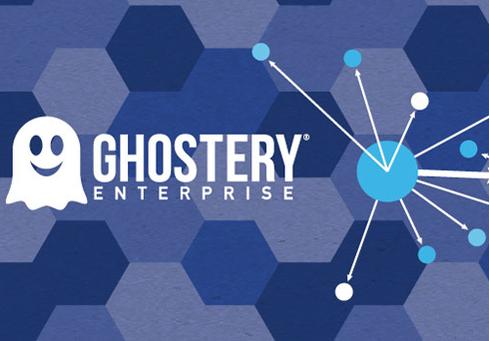Service that blocks Web tracking code turns out to be good for business, too.


Tech Hygiene: 10 Bad Habits To Break
Tech Hygiene: 10 Bad Habits To Break (Click image for larger view and slideshow.)
Privacy software has always been a tough sell. People have a hard time paying a specific price for something of ambiguous value.
Ghostery, a New York-based privacy software company that was founded in 2009, appears to have found a way to make privacy work as a business by making it matter to businesses.
Ghostery offers free software for browsers and mobile devices that identifies and optionally blocks trackers -- code in webpages associated with embedded content and services. Modern Web pages often have a dozen or more trackers, which might place or read cookie files, collect data for marketing analytics services, enable targeted advertising, load external content, or present social widgets.
The anonymized data Ghostery receives if users choose to opt in to its GhostRank service turns out to be valuable to businesses -- they get to see what users are blocking. GhostRank has about 40 million users, and half agree to share their usage data, an exchange Ghostery characterizes as a voluntary donation in exchange for free privacy software.
[Are Microsoft's free mobile apps any good? Read Microsoft Office Mobile: Right For You?]
Ghostery then sells the data to clients such as Proctor & Gamble so they can better understand how their online marketing efforts are working or failing. If lots of Ghostery users are blocking a particular service, that might be a sign to work with a different provider or to take a different approach.
At the Demo conference on Wednesday, Ghostery launched its Marketing Cloud Management (MCM) product, a set of tools that assess ad networks, analytics tools, and social media widgets on a company's website.
In a phone interview, CEO Scott Meyer describes MCM as a tool companies can use to make their websites safer and more secure. He noted that companies pay the online service providers that place code on their websites for tracking and analytics, but those providers might be doing more harm than good.
MCM includes a feature called TrackerMap that allows organizations, in real time, to identify tracker code that's causing latency or creating vulnerability. Eliminating sources of latency has a direct impact on online sales. "Every one second of page latency takes away about 7% in conversions," said Meyer.
The Syrian Electronic Army's hacking of Reuters' website in June offers an example of the possible consequences of allowing compromised third-party tracker code to run on one's website. The hack was made possible by a phishing attack that provided access to a widget that served syndicated content from content provider Taboola.
GhostRank data last month found over 11,000 non-secure tag loads on secure (HTTPS) webpages across 80 saleforce.com domains, including adobe.my.salesforce.com, fb.my.salesforce.com, and emc.my.salesforce.com, Ghostery claims.
The presence of these tags makes the HTTPS pages vulnerable, something that ought to concern executives at the companies using these Salesforce.com domains.
Salesforce.com did not immediately respond to a request for comment.
Apply now for the 2015 InformationWeek Elite 100, which recognizes the most innovative users of technology to advance a company's business goals. Winners will be recognized at the InformationWeek Conference, April 27-28, 2015, at the Mandalay Bay in Las Vegas. Application period ends Jan. 16, 2015.
About the Author(s)
You May Also Like







